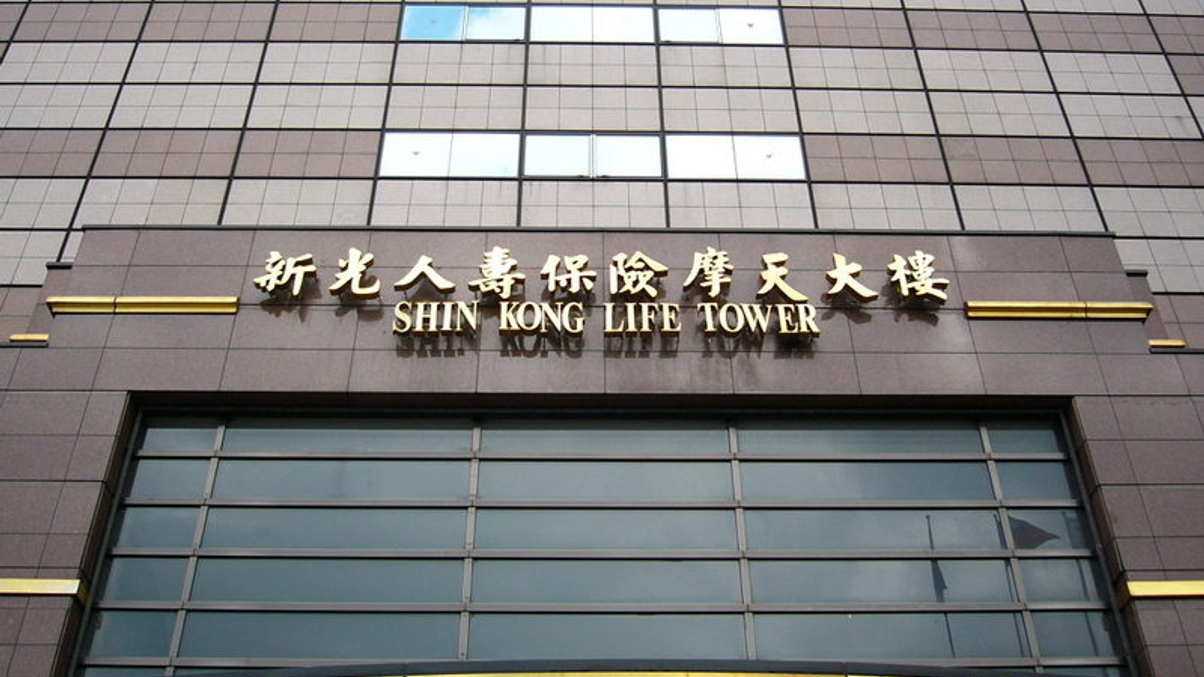Shin Kong Life adds EM debt, sells foreign stocks
The Taiwanese insurer has welcomed the US rate hike, but is concerned about global uncertainty. It is buying more emerging-market bonds, with the exception of Chinese debt.

Shin Kong Life will continue to rotate its government bond allocation from developed markets into emerging markets in search of higher yields, and is shying away from foreign stocks amid elevated global uncertainty.
Sign in to read on!
Registered users get 2 free articles in 30 days.
Subscribers have full unlimited access to AsianInvestor
Not signed up? New users get 2 free articles per month, plus a 7-day unlimited free trial.
¬ Haymarket Media Limited. All rights reserved.


